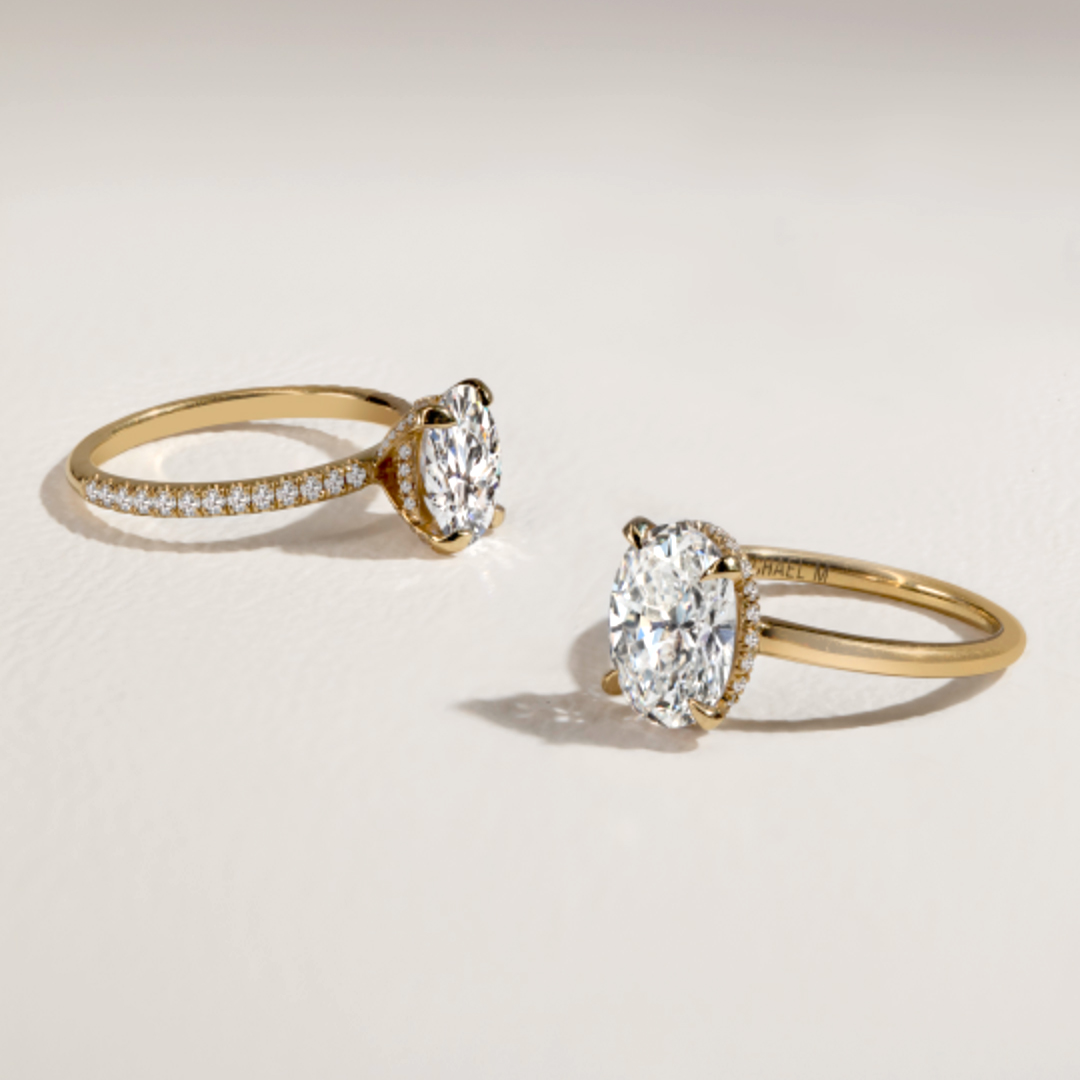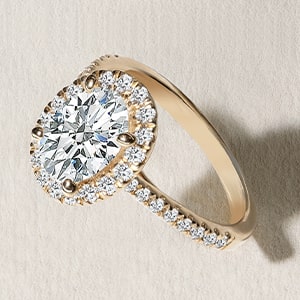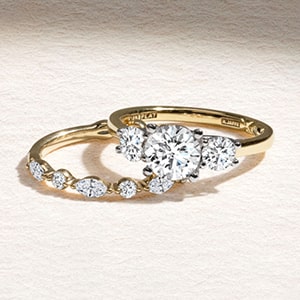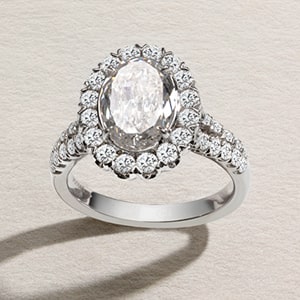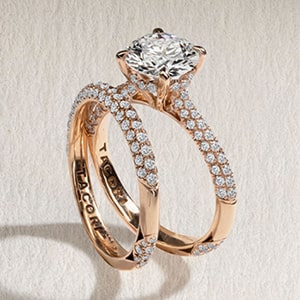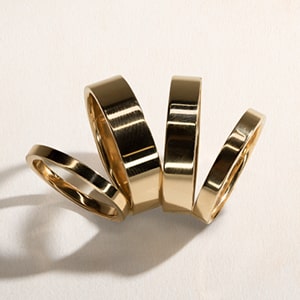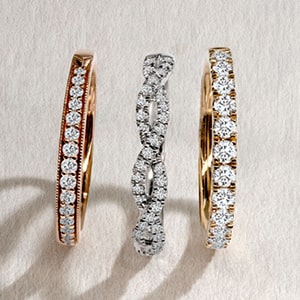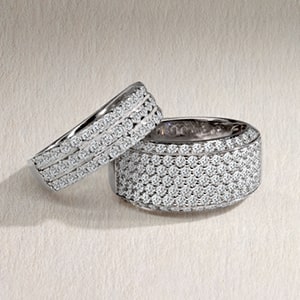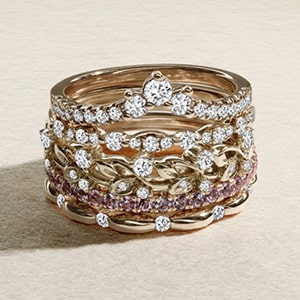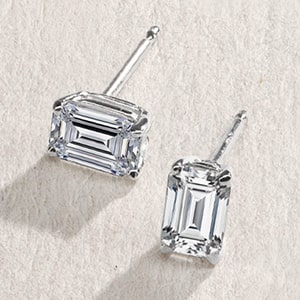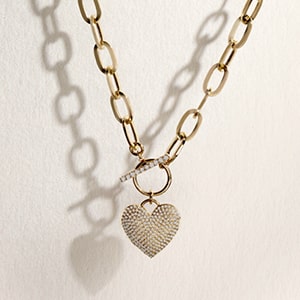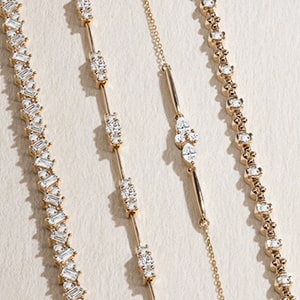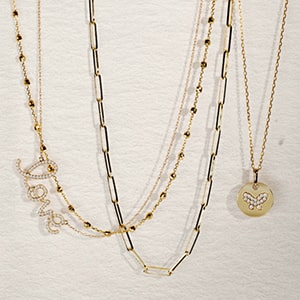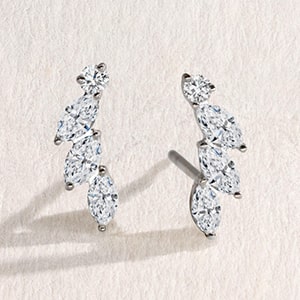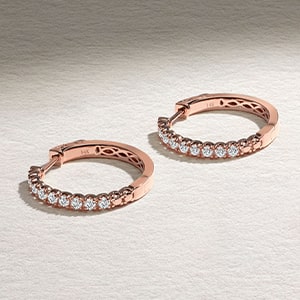WEDDING RING METALS
Okay, time for a little metal mania. Finding the right wedding ring is not just a question of finding the right style or look of a wedding ring. You should also consider how your wedding ring metal choice affects your budget; how it feels in your hand or on your finger; how much up-keep and maintenance is needed; even whether or not you may be allergic to a certain metal or not. Another consideration is that you will want a jewelry metal that doesn’t tarnish easily.
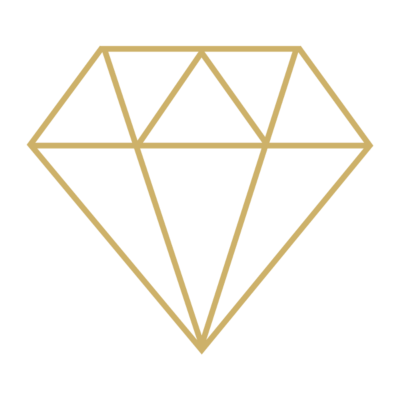
PLATINUM
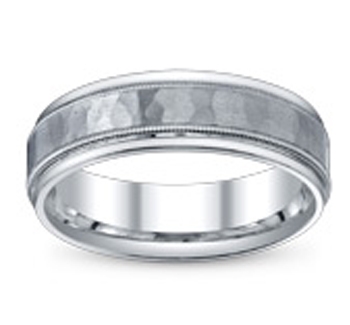
First up…Platinum! It’s always been a fantastic metal choice for engagement rings and wedding bands because it is a pure white metal that won’t change color or fade. It's non-corrosive. It has a density and a heft to it that makes platinum highly durable so it doesn’t wear over time and this strength makes it the most secure setting for diamonds. It is also hypoallergenic, so the wearer never has to worry about any allergic reactions caused by the metal. A wedding ring metal with no weaknesses? That’s platinum.
PALLADIUM
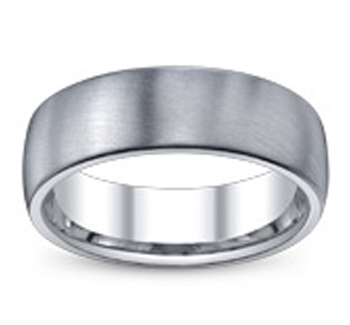
Palladium is not just for Iron Man. It has a natural gray-white luster. It doesn't tarnish or need to be rhodium plated, so there it is low maintenance. Palladium is a platinum group metal and is 95% pure. Palladium also is hypoallergenic, so it will not cause allergic reactions that may be experienced by other types of ring metals. It is also less dense and therefore feels much lighter in weight than its heavy metal brother platinum.
GOLD
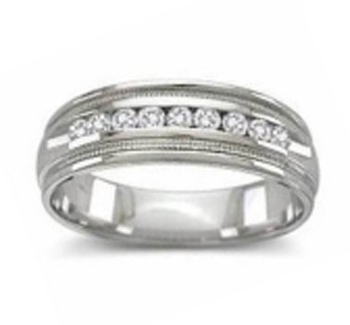
Gold is a fantastic metal for jewelry. In fact, we can trace the use of gold in jewelry throughout the history of mankind. Why gold? Natural beauty and incredible malleability are the two main reasons. A single ounce of gold can be stretched into a thin wire that measures five miles long. It can be pounded into a thin sheet that covers an area 100 sq. ft. Gold is also lustrous. It maintains its shape and it's durable. These qualities are very symbolic of a relationship, and ideally representative for an engagement ring.
ROSE GOLD
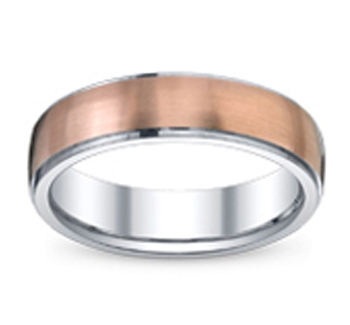
Rose gold is gold mixed with a copper alloy. This metal for engagement rings has a very subtle and delicate color that may intensify over time. It is created by increasing the copper colored alloys and decreasing the silver colored alloys that are mixed with gold. 14K rose gold contains as much pure gold as 14K white gold; it is merely the mix of the alloys that has been changed to create the rose colored look to the engagement ring.
STERLING SILVER
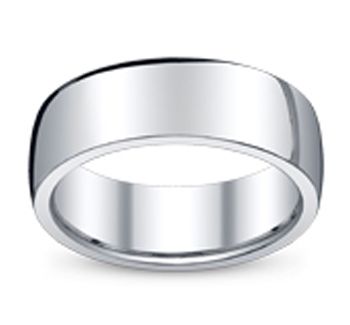
Silver is one of the most abundant of all the precious metals and is commonly used in jewelry for earrings, bracelets, watches, and rings. In its pure state, silver is quite soft so is often alloyed with copper to strengthen it. Silver can build tarnish on its surface unless you care for it by polishing it on a regular basis. By definition and international agreement "sterling" silver is 92.5% pure silver and 7.5% some other material - usually copper. The 92.5% is why jewelry is often stamped with the numbers 925 or .925.
TITANIUM
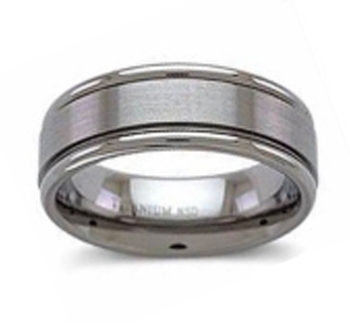
Titanium is a lustrous gray metal that is a naturally occurring element. It is very lightweight and comfortable to wear. Titanium is stronger than gold or platinum and is 3 times stronger than steel, so this is a wedding ring that will last a lifetime. Titanium is often alloyed with other metals to reduce its brittle qualities.
TUNGSTEN CARBIDE
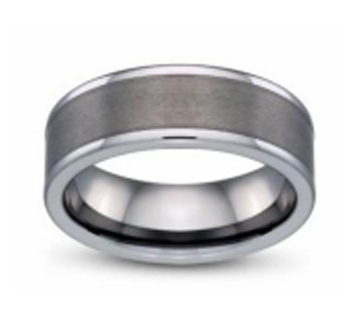
Tungsten is a dark gray glossy metal. Tungsten Carbide is often the preferred Tungsten alloy mix because it is harder than standard Tungsten. Jewelry made with Tungsten Carbide will retain a polish longer than any other metal, so it will preserve the glossy look. Tungsten Carbide is denser than steel and titanium, therefore, many people enjoy the weight of it. Tungsten has grown in popularity in recent years.
COBALT
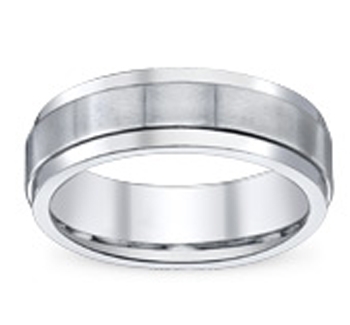
Cobalt is a natural, hypoallergenic metal. It is the whitest contemporary metal offered today and looks similar to Platinum. Cobalt will not tarnish and does not need any rhodium plating. Cobalt is less dense than other metals, allowing for greater height and shape to be yielded into designs.
It is extremely hard and scratch resistant, so Cobalt offers tremendous durability and wearability and will maintain its luster and hold its polish.


